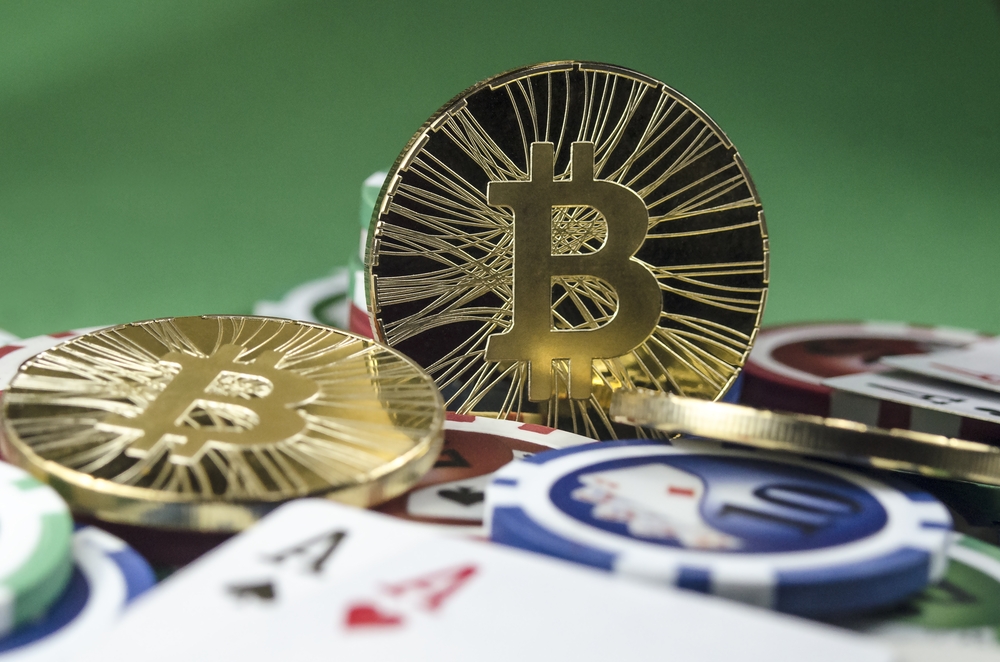Poker is a game of skill, strategy, and psychology. One of the key elements of playing poker successfully is the art of bluffing. Bluffing is when a player makes a bet or raise with a weak hand in order to deceive their opponents into thinking they have a stronger hand than they actually do.
Bluffing can be an effective tool in poker because it allows players to win pots without having the best hand. However, bluffing is also risky because if your opponents call your bluff, you could end up losing a significant amount of chips.
There are several different types of bluffs that players can use in poker. The most common type of bluff is known as a pure bluff, where a player has no chance of winning the pot unless their opponents fold. Pure bluffs are high-risk plays, but they can be very rewarding if successful.
Another type of bluff is known as a semi-bluff. A semi-bluff occurs when a player bets or raises with a drawing hand that has the potential to improve on future streets. Semi-bluffs are less risky than pure bluffs because even if your opponents call your bet, you still have outs to win the pot.
The key to https://xn--1-9r8ek9cl0ibojgyh94m.com/ successful bluffing in poker is knowing when and how to use it effectively. Bluffing too often can make you predictable and easy to exploit by observant opponents. On the other hand, never bluffing at all can make you too passive and allow your opponents to take advantage of you.
One important aspect of successful bluffing is reading your opponents’ tendencies and betting patterns. If you notice that an opponent always folds when faced with aggression, then it may be profitable to bluff against them more often. Conversely, if an opponent rarely folds and only calls or raises with strong hands, then it may be best to avoid trying to bluff them altogether.
It’s also important to consider the board texture when deciding whether or not to bluff. Bluffing on dry boards with few possible draws can be more effective than on wet boards with many potential draws for your opponents.
In conclusion, mastering the art of bluffing in poker requires practice, patience, and observation skills. Knowing when and how to use bluffs effectively can give you an edge over your opponents and help you win more pots in the long run. Just remember that while bluffing can be profitable, it should always be used judiciously and strategically for maximum impact on your overall game plan.





